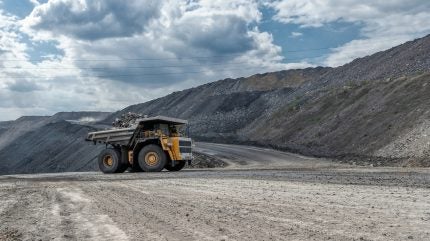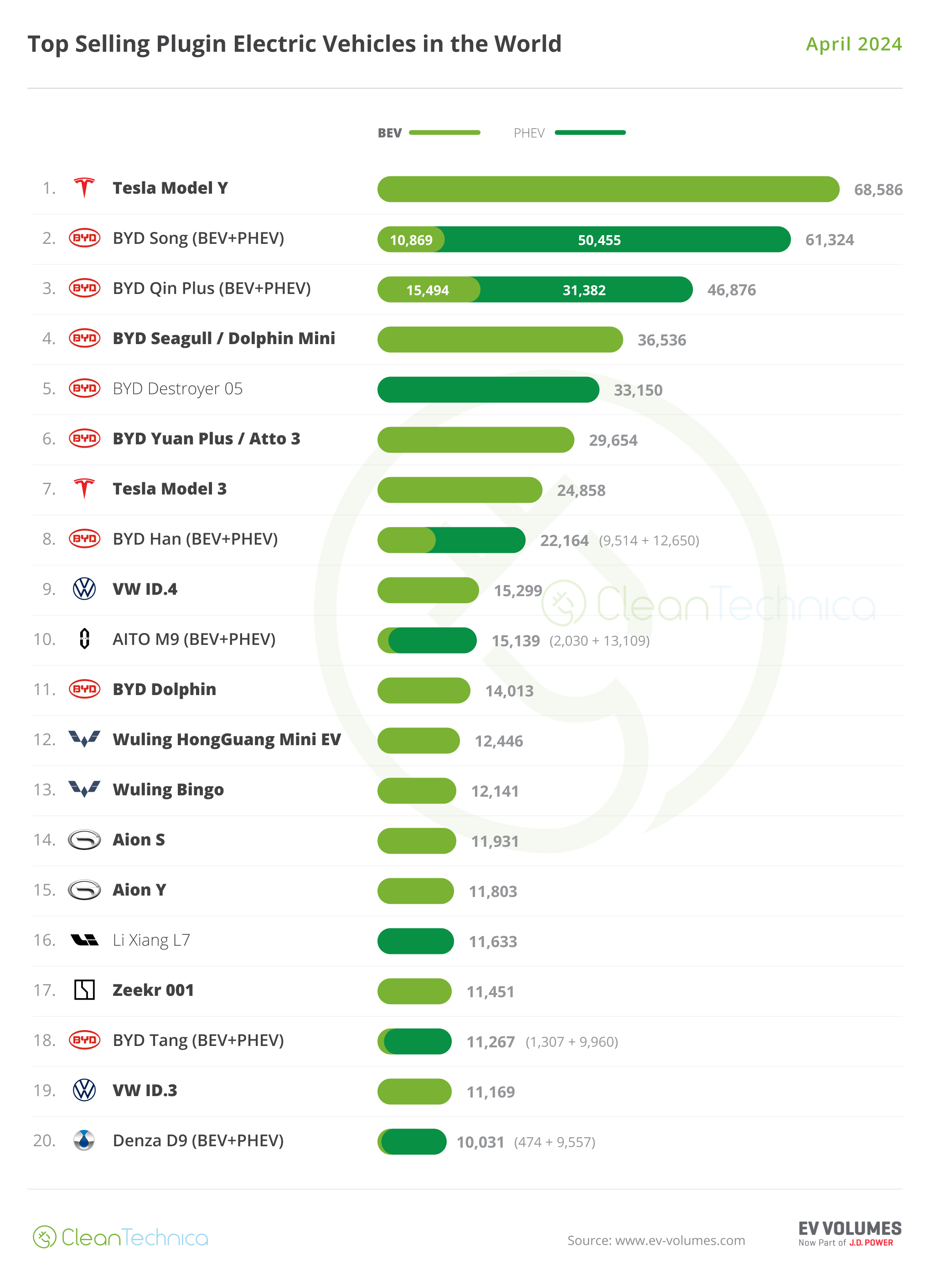OTTAWA, ON, Jan. 30, 2024 /CNW/ – On January 29, 2024, the Canadian Gas Association (CGA) sent a letter to Prime Minister Justin Trudeau, emphasizing the significance of the natural gas energy option for Canadians, a need underscored by the recent severe weather conditions in Western Canada.
The letter reads as follows:
Canada’s energy delivery companies had their work cut out for them over the last few weeks, ensuring the country could get through a period of extreme cold temperatures. The polar vortex that locked in across the continent only underscored how important an energy system with many options is to our overall well-being. I thought I would expand on this point in my first letter to you in 2024.
The second week of January saw temperatures in parts of the country drop well into the minus 40s, with windchill in the minus 50s. This triggered alerts from various authorities to reduce electricity use. Around 4 pm in Alberta on January 12th wind and solar generation facilities were operating at only a few percentage points of their capacity. But power was desperately needed. Luckily, a combination of in-province and neighbouring jurisdiction power sources – like natural gas-powered plants – could help meet the power needs of the province.
It is worth drawing attention to the fact that the alerts were all about a single energy system – the electricity grid. While that grid was under strain due in part to low renewable energy generation availability, the natural gas delivery system (a separate system that delivers gas energy, not electrons) was delivering approximately 9 times the energy and operating without any alerts required.
The contribution of the gas system is really worth emphasizing.
Nationally, over an average year, electricity meets just over 20% of our energy needs. Natural gas directly delivered to customers – residential, commercial and industrial – meets almost twice that amount, or just under 40% and liquid fuels like gasoline and diesel meet the balance. But at certain times of the year, such as during the recent January freeze, the differential between what natural gas and electricity deliver grows dramatically. At points earlier this month Alberta had use of roughly 12,000 megawatts of electric power and over 110,000 megawatts of gas energy equivalent.
And yet it was the electric system, not the natural gas system, that was threatened.
Media coverage during and after the freeze referenced how the electric system is threatened by extreme weather and needs to be built out to meet demand. But to suggest that the electric system could ever meet the energy delivered by natural gas over the gas delivery system is simply unrealistic. Do those who advocate for the electrification of all energy, especially peak heating needs, pretend that we have either the means, the resources, or the dollars, to build out an electric system that could meet roughly nine times the load of the gas system? Do advocates of natural gas bans appreciate that banning natural gas power generation would leave us in situations of actual shortage – a terrifying spectacle in the event of minus 50 degree weather?
Again, the point here is to underscore the value proposition of natural gas and the infrastructure that delivers it: the reliability these provide is extraordinarily important. This value is particularly well demonstrated when severe weather – a Canadian reality – hits us. We have to stop talking about eliminating the choice of energy options like natural gas, and relying exclusively on one energy delivery system, like electricity. Each delivery system has its own advantages, and natural gas is particularly well suited to meet heating needs. That should never be overlooked, as this month’s weather events reminded us.
Prime Minister, when it comes to energy – in supply options, and in delivery systems – diversity truly is our strength in Canada. We must maintain natural gas as an option for reliability, for affordability, and for sustainability – all of which are essential for our country’s energy security and the wellbeing of the Canadian consumer.
Respectfully,
Timothy M. Egan
President and CEO, Canadian Gas Association
Chair, NGIF Capital Corporation
About CGA
The Canadian Gas Association (CGA) is the voice of Canada’s gaseous energy delivery industry, including natural gas, renewable natural gas (RNG) and hydrogen. CGA membership includes energy distribution and transmission companies, equipment manufacturers, and suppliers of goods and services to the industry. CGA’s utility members are Canadian-owned and active in eight provinces and one territory. The Canadian natural gas delivery industry meets 38 per cent of Canada’s energy needs through a network of almost 584,000 kilometers of underground infrastructure. The versatility and resiliency of this infrastructure allows it to deliver an ever-changing gas supply mix to 7.6 million customer locations representing approximately two-thirds of Canadians. CGA members ensure Canadians get the affordable, reliable, clean gaseous energy they want and need. CGA is also working to constantly improve that gaseous energy offering, by driving forward innovation through the Natural Gas Innovation Fund (NGIF).
SOURCE Canadian Gas Association
Share This:




